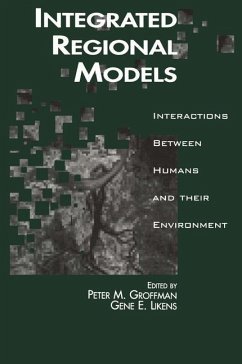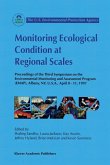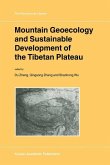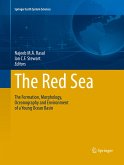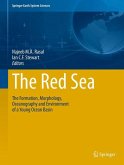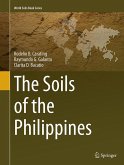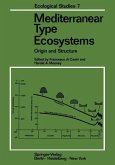Integrated regional models are conceptual and mathematical models that describe the physical environment, biological interactions, human decision-making, and human impact on the environment. Efforts are now being made to integrate regional models from the physical, biological and social sciences in order to respond to diverse environmental problems. This volume explores the latest research developments on processes operating at a variety of scales, including regions, and how scientists can combine their efforts to develop models linking biological, physical, and human systems. Data requirements for successful integrated regional models are identified and discussed. Chapters also consider methodological questions, such as whether to integrate disciplinary approaches at the beginning or the end of the modelling process, and whether integrated regional models should focus on specific regions or specific problems. The information in this volume will enable the reader to view problems such as coastal zone management, atmospheric pollution, non-point source pollution, commodity production in forested areas, and urban expansion in a broad, conceptual context. Researchers and graduate students in ecology, biology, geography and geology will benefit from this innovative approach to contemporary environmental problems.
Bitte wählen Sie Ihr Anliegen aus.
Rechnungen
Retourenschein anfordern
Bestellstatus
Storno

